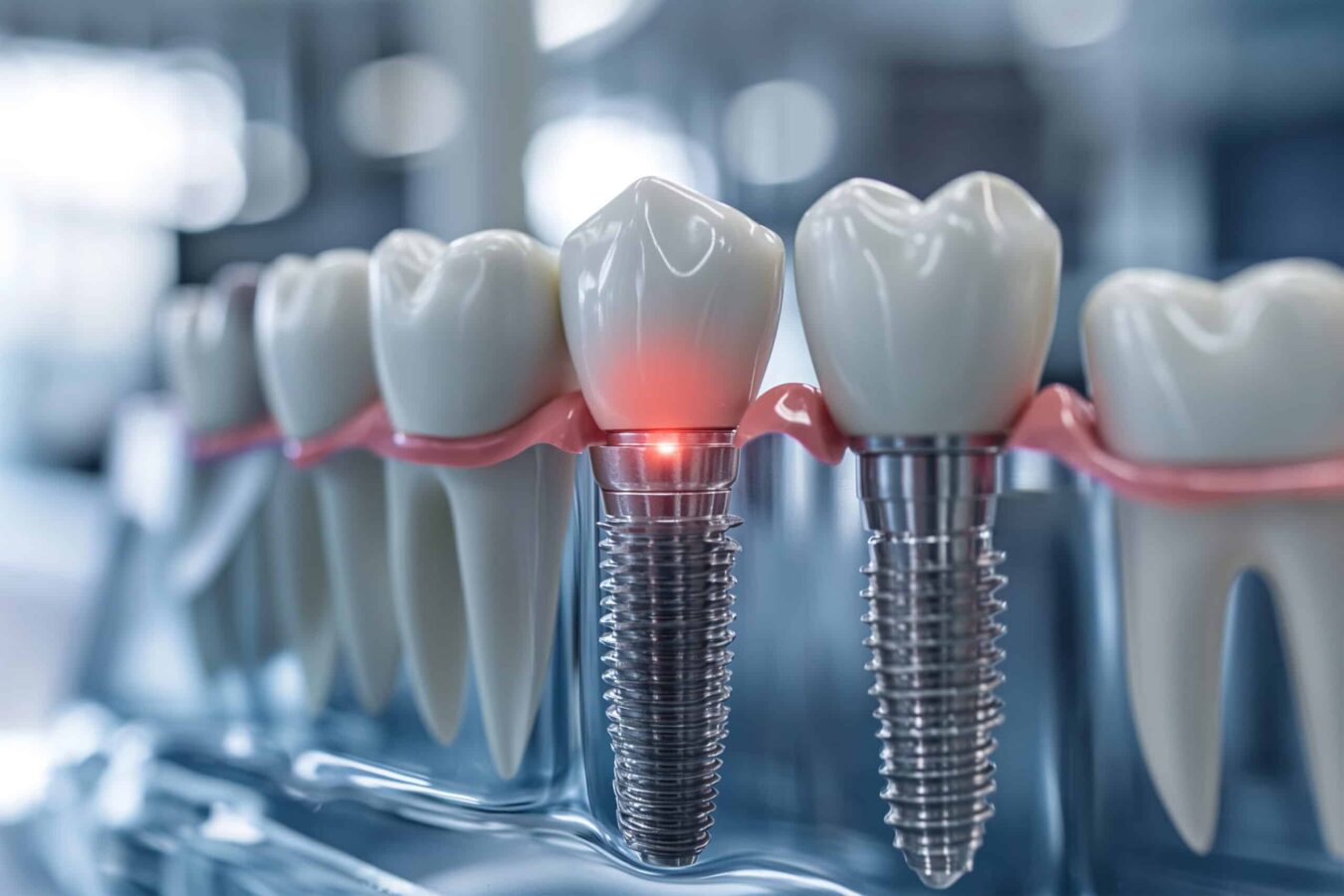Tooth cap: a complete guide to repairing and protecting damaged teeth

Strong 8k brings an ultra-HD IPTV experience to your living room and your pocket.
A tooth cap is a specially designed cover that fits over a damaged or weakened tooth to restore its shape, strength, and appearance. Whether for function, protection, or cosmetic reasons, tooth caps play a key role in modern restorative dentistry. This article covers what a tooth cap is, when it's needed, the treatment process, and how to care for it.
What is a tooth cap?
A tooth cap is a custom-made cover that is placed over the visible part of a tooth. It serves to protect and reinforce the tooth structure, especially when it's too compromised to be repaired with a filling alone.
Tooth caps are often recommended when the damage is more severe and the tooth requires complete coverage and structural reinforcement. They are designed to look and feel like natural teeth and can significantly improve both function and appearance.
Types of tooth cap materials
Tooth caps can be made from several different materials, depending on the tooth’s location, durability needs, and cosmetic preferences:
Porcelain or ceramic: highly aesthetic and ideal for front teeth due to their natural look.
Metal alloys: highly durable and resistant to wear, making them ideal for restoring strength to back molars where chewing pressure is greatest.
Porcelain-fused-to-metal: offers a balance of strength and appearance—metal provides stability, while the porcelain exterior blends with natural tooth color.
Zirconia: strong, durable, and visually appealing, suitable for almost any tooth.
When is a tooth cap needed?
Tooth caps are recommended in several common dental situations, including:
- The tooth is cracked, fractured, or significantly worn due to grinding or decay.
- Following root canal therapy, to protect and reinforce the treated tooth.
- To enhance the appearance of a stained, misshapen, or discolored tooth for a more natural look.
- A large cavity or filling has compromised the tooth’s integrity.
- A cap is needed to anchor a dental bridge or complete an implant restoration.
In these situations, tooth caps serve both protective and cosmetic purposes.
The tooth cap procedure
The process of getting a tooth cap typically takes two visits:
1. Tooth preparation and impression
Local anesthesia is administered during the preparation to fully numb the tooth and surrounding area, ensuring a comfortable experience. The dentist reshapes the damaged tooth to make space for the cap and takes impressions to ensure a perfect fit. A temporary cap is placed to protect the tooth while the final cap is being made.
2. Final placement
Once the permanent cap is ready, the temporary one is removed, and the new cap is bonded securely in place. The fit, shape, and bite are carefully adjusted to ensure natural function and comfort.
Some clinics now offer same-day tooth caps using advanced scanning and milling technology.
Caring for your tooth cap
To help your tooth cap last as long as possible, follow these essential care tips:
- Brush and floss daily to maintain gum health
- Avoid chewing hard objects like ice or pens
- Don’t use your teeth to open packages
- Use a night guard if you grind your teeth
- Visit your dentist regularly for checkups and cleanings
- With good care, tooth caps typically last 10 to 15 years—or even longer.
Tooth cap vs. filling
Fillings are used to treat small to moderate cavities. A tooth cap, by contrast, is used when the damage is more severe and the tooth requires complete coverage and structural reinforcement. Tooth caps provide greater protection and durability, especially for teeth exposed to heavy pressure.
Is the procedure painful?
Local anesthesia ensures a pain-free experience during preparation and placement. Some mild sensitivity afterward is normal and typically subsides within a few days.
Conclusion
A tooth cap is a long-lasting and effective solution for repairing teeth that are damaged, worn, or structurally compromised. They provide strength, improve appearance, and help preserve the natural tooth underneath.
If you have a tooth that’s heavily filled, cracked, or weakened, a tooth cap might be the ideal treatment to restore your oral health and smile with confidence.
Note: IndiBlogHub features both user-submitted and editorial content. We do not verify third-party contributions. Read our Disclaimer and Privacy Policyfor details.






